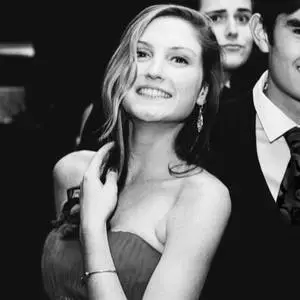I can so clearly recall sitting in a chair at my nutritionist’s office May of 2011. She handed me a paper labeled “Normal Eating” and asked me to read the highlighted paragraph. She told me to respond with how closely I felt that I abided by the description it outlined. I read it and said, “I’ve never been like that and don’t think I can ever be.” Then the tears came.
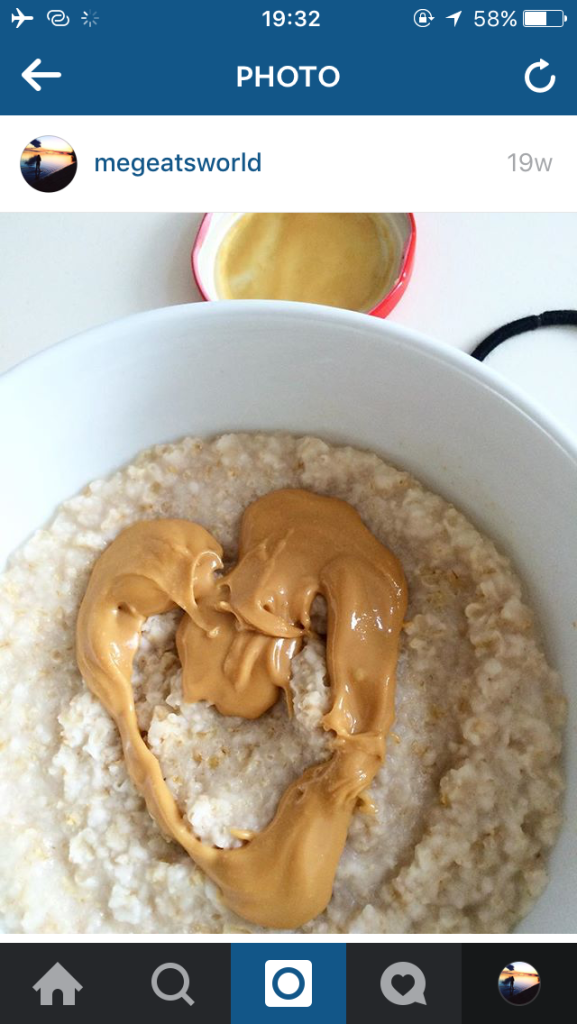
Photo courtesy of @megeatsworld on Instagram
As someone with a Type A personality, some obsessive tendencies, and diagnosed anxiety and OCD, my eating disorder (ED) has defined my life since I can remember. It didn’t always show, but it was always there — just a little voice in the corner.
Contrary to what most people think, anorexia nervosa is not always something that has to do with weight. I am built tall and lean, and always have been, but that did not spare me from my ED. My “Ana” voice was like a secret friend that instilled a sense of control over my life, and I liked that.
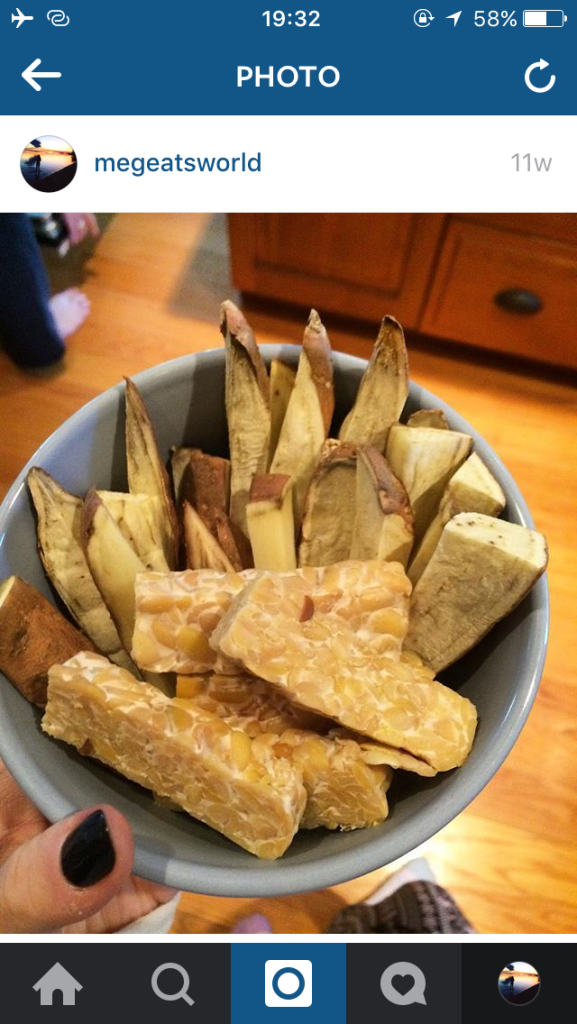
Photo courtesy of @megeatsworld on Instagram
In 2011, Ana became visible for the first time. I spent all summer in doctors’ offices and barely saw the sun. I water loaded before weigh-ins and lied to everyone — including myself — about what I was eating, and how much.
My efforts to conceal my ED worked, and I eventually reached a physical point that was “acceptable” for my doctors and my family. I was told that my heart rate was no longer too low and my iron and potassium levels had evened out. My weight was teetering on the brim of healthy and underweight, but I was a pro at hiding it.
From the outside looking in, I seemed okay. I had recovered physically, but not in the mental sense. I went on to college and thought I was “normal,” but I was not.
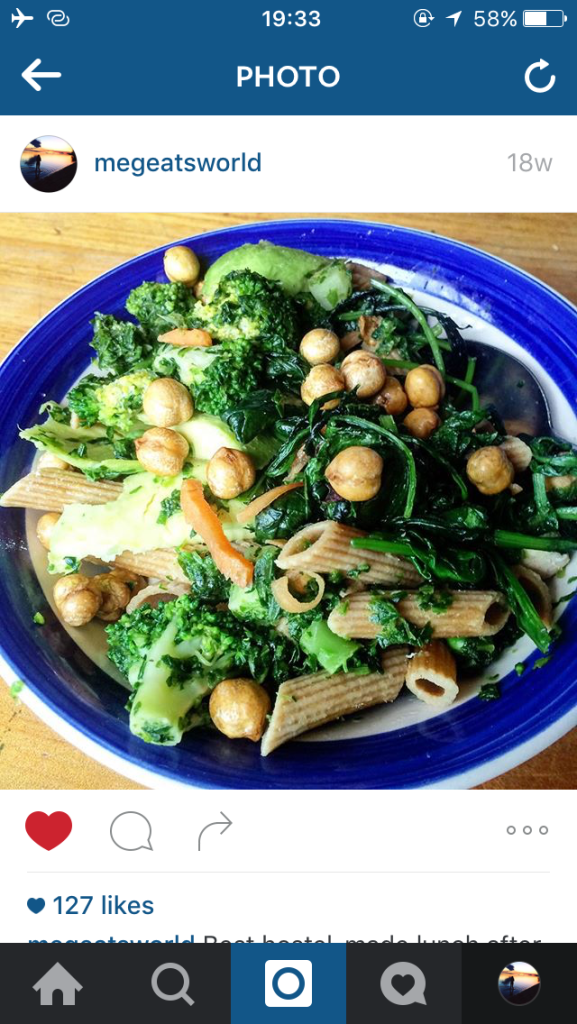
Photo courtesy of @megeatsworld on Instagram
Things got bad again my sophomore year of college — just last year. Stress took over and I really let my disorder take the reins.
Ana wrongly convinced me that even through all the stress, everything would be all right as long as my caloric intake was lower than my output each day. My disease was my comfort. I was barely eating and my clothes were falling off, but I felt accomplished because at least I was good at something.
When I got home for the summer, I watched my mom break down again. Seeing this brought me back to the miserable summer of 2011. I finally understood what I put everyone through, and realized what a problem I was causing by letting Ana have so much power over me.
I was hurting the people around me, so this time around there was more at stake than just my health if I failed to get better. I was determined to recover.
My friend had showed me the Instagram ED recovery community, and I made one kind of just for kicks. I had absolutely no idea how much would come out of it and how much it would help me in truly recovering once and for all.
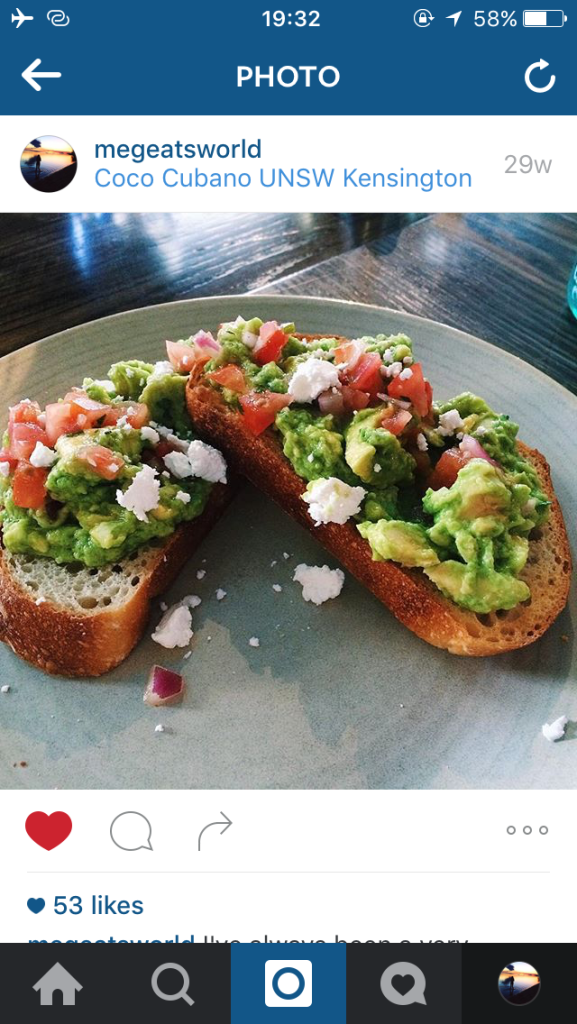
Photo courtesy of @megeatsworld on Instagram
I started off by posting a snap of some avo toast and a brief synopsis of my story, and hashtagging things like #moderation, #edrecovery, and #balance to attract people in the Instagram world who had the same goals as I did. I was shocked by how quickly the community welcomed me and offered their support and advice.
The other people in this community inspired me so much right off the bat. They posted meals or snacks and wrote how they were feeling that day. It motivated me when they posted things like pizza and ice cream which are common fear foods because I could see that they ate these foods and were okay. Nothing terrible happened to them, so I figured I could try to conquer my fear foods as well.
I post everything — my ups as well as my downs — because this Instagram holds me accountable for what I do. It helps me reflect on my actions and recognize when I am starting to go down the wrong path, and give myself the credit I deserve when I am doing well.
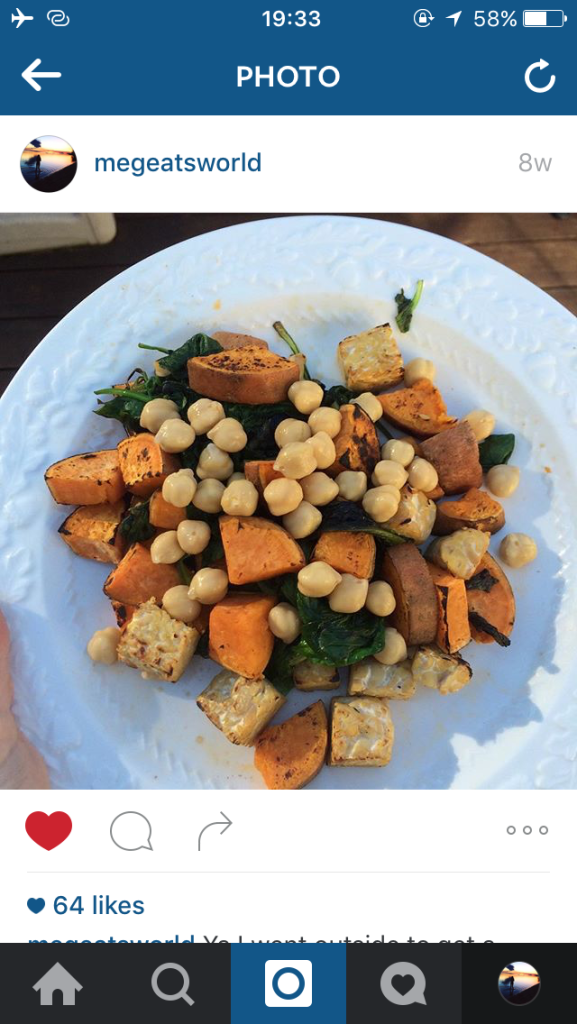
Photo courtesy of @megeatsworld on Instagram
When I was not feeling great about something, or thought I had eaten too much, I voiced that in posts and received so much positive motivation from these new friends. They let me know that everything would be alright, and I did not have to worry. They praised me for trying new things and picked me up when I was sad or scared.
It’s so fun to have my voice shine through and express myself in a way that I know is helping both me and others in the community. Although I don’t know them personally, the friends I have made through this account are so important to my life and I am infinitely grateful for them.
Some of my real life close friends have since found the account, and started following and supporting it as well. It feels good to know that they are there for me unconditionally, and that they truly appreciate how honest I am with my posts.
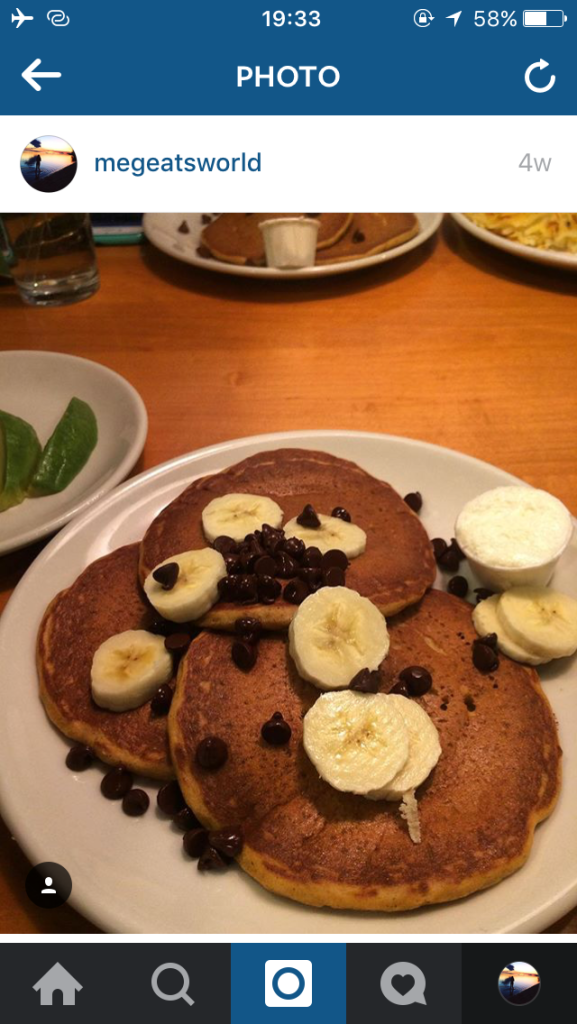
Photo courtesy of @megeatsworld on Instagram
Because of Instagram, my recovery account, and the recovery community, I have a whole support network of friends, family, and strangers who I know are behind me during every step of the process.
It’s difficult to think that without all this, I don’t know if I would have had the strength to “come out” about my struggles and confront my problematic behaviors when they start up again.
Ana has always been a part of my life, but now when I hear her, I can shut her off. ED is like an old ex that comes back to haunt me once in a while, but I’m “so over it.” For the first time, thanks to Instagram, the love from people around me, and my own hard work and determination, my life is no longer ruled by anorexia nervosa.


